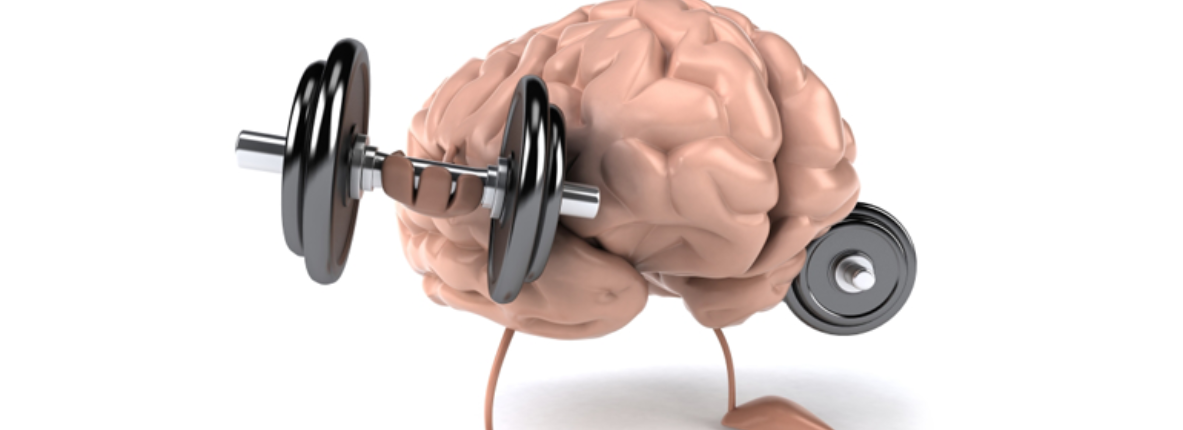Mental toughness

Mental toughness is an important concept in psychology and describes an individual’s capacity or ability to deal with stressors, pressure and challenges.
What is mental toughness?
Mental Toughness – comprising control, commitment, challenge and confidence – is that part of us which determines to a large extent how we deal with stressors, pressure and challenge; irrespective of prevailing circumstances. It has major applications in:
- Helping people perform to the best of their abilities
- Stress management
Research shows that
- Mental toughness is more than resilience, as it also relates to confidence levels
- There is no significant difference in mental toughness levels between men and women
- We need levels of mental toughness that are appropriate to our job
- In general, senior people exhibit higher levels of mental toughness
Four core components
There are four core components to mental toughness:
- Control – identifying the extent to which the individual feels they are in control of themselves and their lives; this breaks down into two components – the ability to control your own emotional state and the extent to which you feel you are in control of your life
- Challenge – identifying how individuals respond to challenge, change, problems and variety
- Commitment – identifying how individuals respond to working to goals and targets, this describes the ability of an individual to carry out tasks successfully, despite any problems or obstacles that arise while achieving the goal
- Confidence – identifying how people deal with setbacks and problems, this concerns both confidence in your worth and abilities and assertive interpersonal skills.
Measures of mental toughness
People with low overall levels of Mental Toughness tend to:
- Have low self worth
- Be poor at time management, organisation and multi-tasking
- Avoid challenges and effort
- Give up easily
- Be poor at expressing themselves
People with a high level of Mental Toughness tend to:
- Have a high feeling of self worth, but can fail to delegate
- Be focused and motivated, but can fail to coach and instruct others
- Respond well to challenge, but can generate too much change
- Be assertive, but can be intolerant and bullying
Developing mental toughness
Mental toughness is a trait which studies show can change as a result of interventions.
- Physical challenges can be used to develop mental toughness
- Mental toughness can also be developed through coaching based on sports psychology
- Careless transfer of sports psychology approaches can be very ineffective and sometimes counter-productive
Dealing and coping with stressors
Typically, stressors arise at the individual level, at the team level and at the organisational level, as well as from outside the workplace (elsewhere in your life). People will know they are under pressure and will feel stressed, but they can often be very unsure where that pressure comes from. Simply figuring this out can be a major source of help and support for many individuals.
- First write down the stressors in your life and rank them in order
- It may be possible to remove or reduce the stressor by making a lifestyle change
- Whatever the stressor, there will be a set of skills and behaviours that can be learned that will enable you to deal with it more effectively
- A common approach to assisting people cope with stress is to do periodic de-stressing exercises, such as meditation, progressive muscular relaxation, self-hypnosis and so on
Developing MT components
Development activity may be helpful at all levels of mental toughness – even high MT. In the latter case, we are often concerned with moderating the impact of the kind of mental insensitivity which is often associated with very high mental toughness.
- For each component of mental toughness, there are relevant skills to be learned
- People with low levels of mental toughness will benefit from learning anxiety control, assertiveness, time management, dealing with procrastination, attentional control and positive thinking
- People with high levels of mental toughness will benefit from acquiring people skills, including body language, delegation, awareness of the qualities of others and transactional analysis
Applications
The mental toughness model and its associated measures and programmes have clear applications for any people who work in an environment which is subject to stressors, pressures and challenges.
- In many occupations, such as nursing or the police, it is impossible simply to minimise stressors or challenge
- The best solution often lies in helping people develop the capability to both manage and cope with the environment in which they work
- Understanding MT is invaluable in management/employee development and coaching – either to help people identify and cope with stressors or to show people how they can be more effective in key areas
- People who are mentally tough are less likely to demonstrate bullying behaviour – they don’t need to bully others
- Studies in the workplace and in secondary education show that people who are mentally tough learn more than those who are not, as well as performing better in exams and tests

